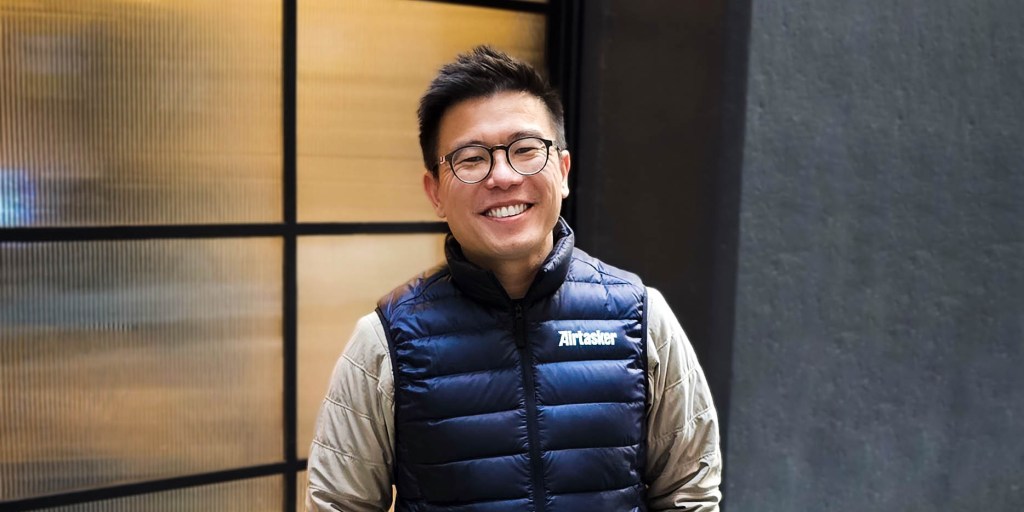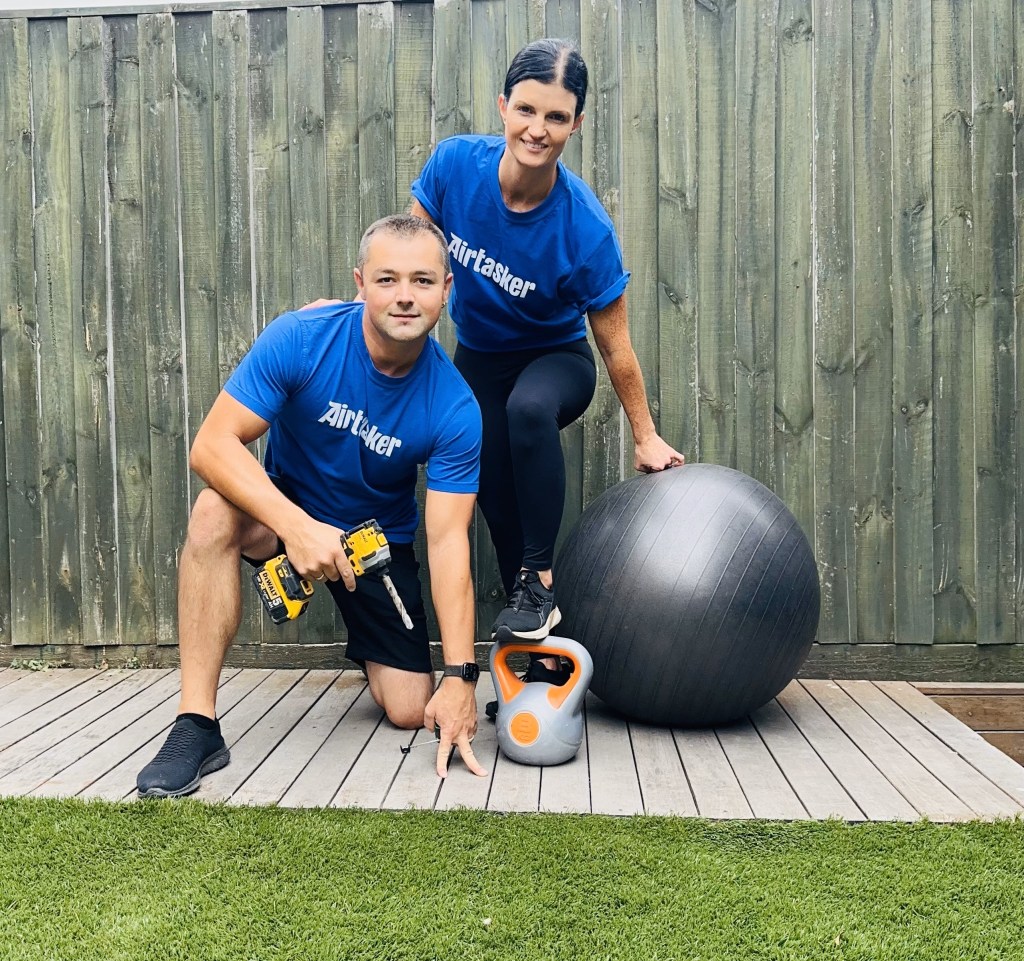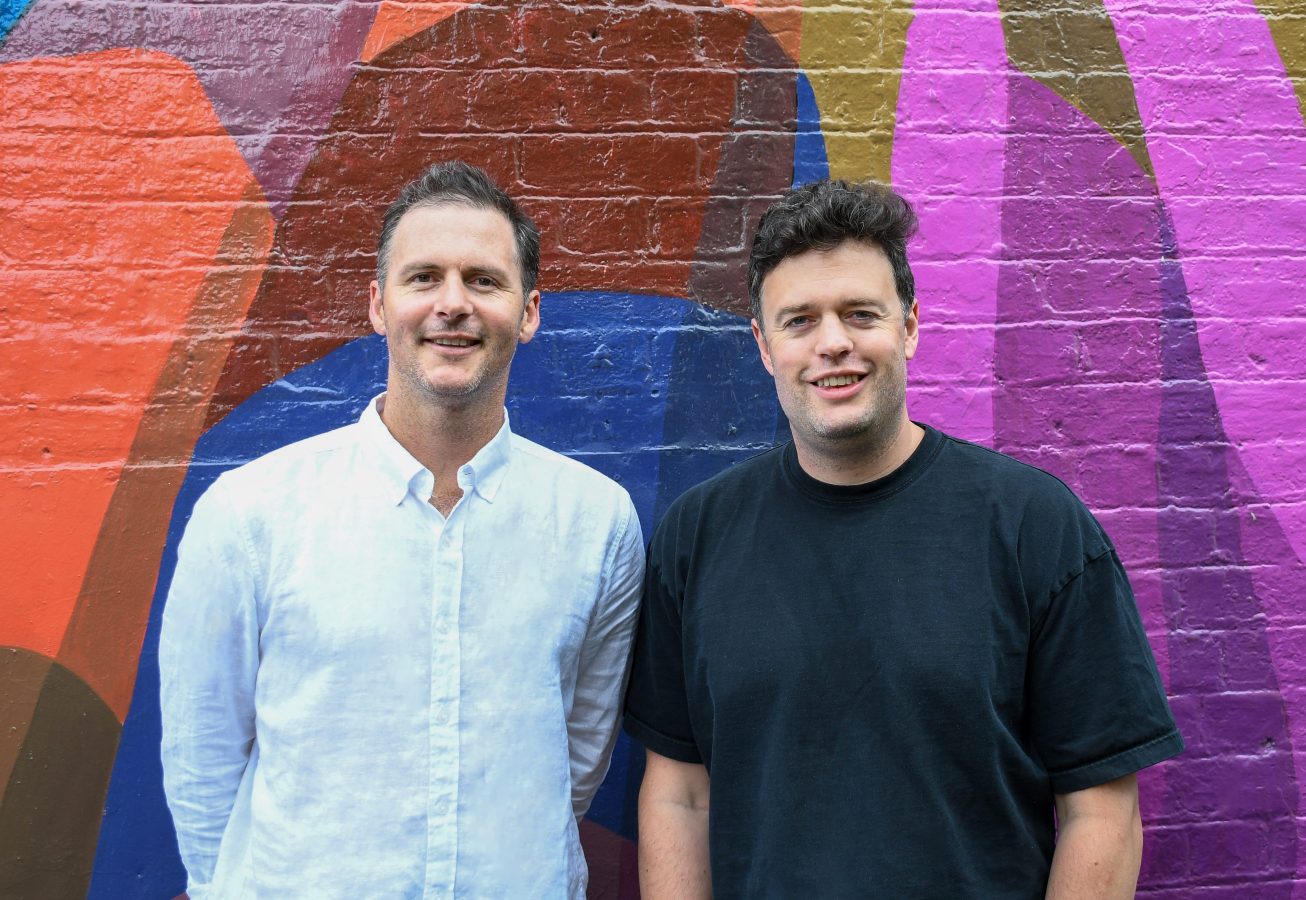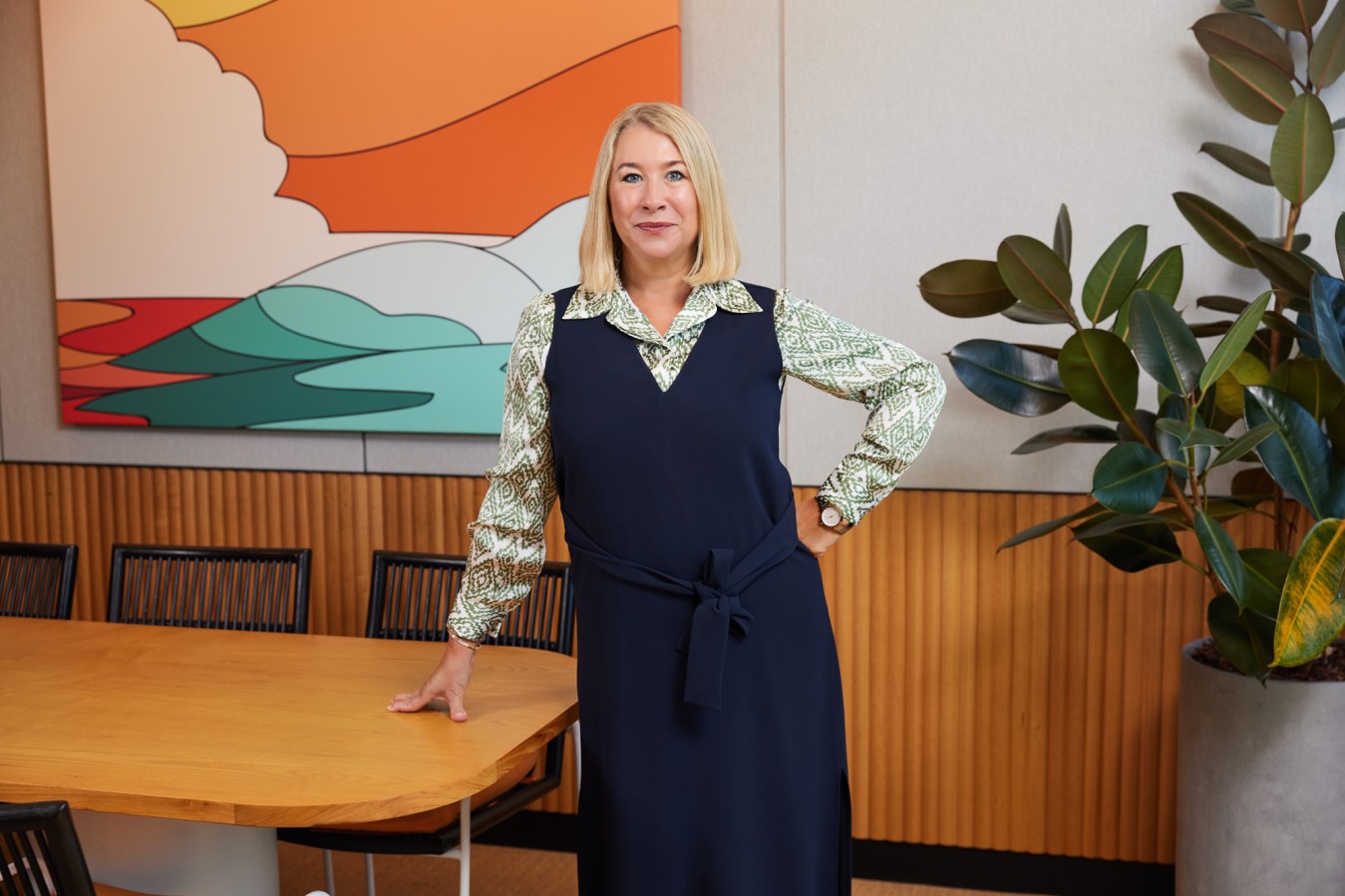Founder Tim Fung has turned his jobs marketplace, Airtasker, into a household name thanks to shrewd deals giving media companies a slice of the action, but cracking the US hasn’t been quite so simple

If you start hearing radio stars telling funny stories about Airtasker, bear in mind they come with strings attached. The ASX-listed online jobs marketplace has continued its strategy of selling equity in exchange for ads and media content – a move it pioneered with Channel 7 in Australia, then Channel 4 in the UK – in two recent deals.
Founder and CEO Tim Fung is, however, finding it harder to get a grip on the US media market for an equivalent deal there, he says in an interview with Forbes Australia.
When Airtasker did the equity deal with Channel 7 in 2016, the on-air exposure was gold. Airtasker floated five years later, in March 2021, and Seven West Media exited its 18% holding for $45 million – a five-fold profit.
During the five years of the deal, Airtasker grew its revenue from $1 million to $20 million and made its brand a household name.
Airtasker signed a deal with ARN Media Ltd in early July, giving Airtasker $5 million worth of advertising and content on ARN’s 58 radio stations – including KIIS FM and iHeartRadio. So don’t be surprised if Kyle and Jackie O, Will & Woody or Jonesy and Amanda start telling funny Airtasker stories.
A report by Mediaforgrowth says that more than 1,000 start-ups have used “equity-for-airtime” deals globally. The model is most common in India and Norway, followed by Germany and Spain. The report found that media-backed start-ups raise, on average, three-times more funding than other start-ups and exit 32 months faster.
Fung has embraced the model.
Airtasker’s deal with ARN is in the form of a convertible note at 5.8% interest, which gives Airtasker the option of paying the money back to ARN or converting it to shares at the end of five years. ARN did not respond to Forbes’ request for an interview.
At the end of June, Airtasker announced a $6-million partnership with outdoor advertising company oOh!media gaining access to their 35,000 billboards, street furniture, airport and office tower space.
“There’s a school of investors who say just be a small and profitable business and we’re saying, ‘Nup, we believe this is a powerful concept and we’re going to take it across the world.’”
Tim Fung
The market responded favourably to the new media deals, but it has continued to judge Airtasker harshly. Airtasker floated at 65c in March 2021, quickly surging over $1.40, before beginning a steady decline. The price scraped along around 20c for most of 2023, but has started trending higher.
Fung says the market is failing to recognize the investment the company has made in establishing itself in the US, but admits the media market there is different there so the way forward with a media deal isn’t so clear. “I’ve spent so much time in the US working out the media landscape. It’s much more fragmented and complicated. If you look at the Australian media landscape, the company that creates the audience is the same company that sells the ad space. In the US, it’s outsourced and disconnected. The people who make the shows are separate from the companies who sell the ads and there’s all these dealers between all of those.
“We have an incredibly profitable business in Australia, but we’re spending that money to build new markets in the US and UK. One of the things about building a network-effect business is … it’s very expensive at the beginning, but once you build that critical mass, it’s really profitable and cash-flow generative.”

Fung says the US business is growing 50% a year but declines to give dollar values.
When it began, Airtasker had struggled until the 2016 Channel 7 deal, Fung says. “They took an equity stake in exchange for promoting our brand and helping us become a household name in Australia,” he says. But he denies Channel 7 gave editorial content as part of the deal.
“Channel 7 was super-high integrity. They’re like, ‘You can’t tell an editor what to write because it comes across as crap, but we’ll let you have lunch with the editor. We’ll let you meet the guys so you can tell them about Airtakser and if they want to do something with it, they will.’
“It turns out that was really good because there’s so many stories on Airtasker. How people are using it to make money. What’s the latest trend on Airtasker. Paying someone to line up for Taylor Swift tickets, or how the economy is going. There was always something to talk about.”
A Seven spokesperson confirmed the deal with the Kerry Stokes-owned Seven West Ventures and provided a list of its other current investments.
Seven West Ventures’ current equity-for-airtime deals
- View Media Group
- CarExpert
- HealthEngine
- Open Money Group
- Raiz Invest
- Aura
“Part of the idea is that Seven then uses its platform to help promote them. We’ll run ads for them. And, if it’s appropriate and if it’s of value, there can be editorial, like on Sunrise or the Morning Show, all designed to help grow the businesses.
“Part of the attraction for these companies is they get access in a marketing sense to Seven.”
Airtasker did a similar 5-year deal in the UK, in June 2023. Channel Four Television Corporation took a 20% stake in Airtasker UK [separate from the ASX-listed entity] in exchange for $6.7 million in advertising time and the chance for Airtasker to reach the station’s 47 million viewers.
Channel 4 is publicly owned but is funded entirely by its commercial activities. Its Channel 4 Ventures has invested in more than 50 start-ups since 2015, including Purple Bricks, Swyft, MyBespokeRoom, Coat Paints, Rated People and Get Agent.
Airtasker’s Channel 4 deal reaped immediate results for the Australian company, with UK jobs posted rising 49% and UK revenue rising 30.6% to $1.1 million.
Fung says Airtasker’s market penetration in the UK and US is eight years behind Australia. “So we’re investing in brand initiatives and acquiring customers and that’s a net investment of capital so it’s really important that whilst we’re investing in that as a group we’re still cashflow positive. And we are. But that’s constrained how fast we invest into the US and UK.
“There’s a school of investors who say just be a small and profitable business and we’re saying, ‘Nup, we believe this is a powerful concept and we’re going to take it across the world.’”


